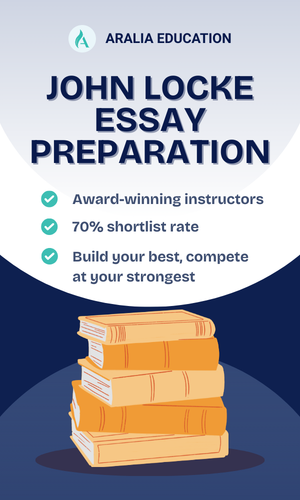1. What is the National Economics Challenge?
The National Economics Challenge is hosted by the Council for Economic Education, a long-standing organization committed to equipping K-12 students with knowledge and tools of personal finance and economics. National Economics Challenge is the only annual economic competition for high school students. The competition tests students about their knowledge of the world economy, specifically microeconomics, macroeconomics, and international and current events. In 2019, more than 10,000 high school students participated in 45 states nationwide.
2. How does the NEC competition work?
Two Main Divisions
Three to four high school students form a team to participate in either of the two divisions:
- David Ricardo: For first-time competitors with no more than one course in economics. Students can only participate in the David Ricardo division only once.
- Adam Smith: For returning competitors, AP, IB, and honors students (as well as any returning competitors). Students can compete in this division multiple times.
For Middle School Students:
- Milton Friedman: This division is for middle school students offered in some state-level competitions. These students don’t compete beyond the state level and the top teams win state prizes.
Competition Process
The process begins with state-level competitions. Each state sets its own rules for competitions. For example, the 2022 state-level competition in New York consists of 30 questions that must be answered in 35 minutes. Each student works individually. The team composite score is the sum of the top 3 scores on each team.
The winning team from each state moves onto the National Semi-Finals. The top eight scoring teams will compete at the National Finals. The finals include critical thinking round and quiz bowl, where students present and answer questions from economists and financial professionals.
At the National Finals, there are three rounds of competition within each division: Round 1 – Microeconomics, Round 2 – Macroeconomics, and Round 3 – International Economics and Current Events. Each round lasts 20 minutes, with 15 multiple-choice questions. Members will compete individually, and the team score in each round is the sum of the top three individual scores.
The 4th round is the Critical Thinking Round where students work as a team to develop a solution and analysis to a current economic problem. Students will be judged on: completeness of response, financial analysis and insight, background knowledge, and presentation.
The 5th and final round of the National Finals is the Quiz bowl, where students decide one spokesperson, who will present the team’s answer to the judge’s questions on a sheet of paper. There are a total of 22 questions, with discussion time around 30 seconds each.
Deadline
Each state has a different deadline for registration and state final. Please refer to the main website to learn more about the deadline for your state. The National Semifinals is from April 22-26, 2024 and the National Finals is from June 1-3, 2024
Eligibility
To participate in the competition, students must be currently enrolled in qualifying public high school, private high school, or home-based high school courses at some time during the current academic year.
Prizes
In the national finals, the winning team receives medals and certificates of accomplishment, as well as cash prizes for each team member:
1st place: $1,000
2nd place: $500
3rd place: $250
4th place: $125
3. How can I study for the contest?
There are various resources for students who want to prepare for the competition:
Study Material by Council for Economic Education
The study material collection created by CEE covers various topics within economics, from microeconomics like how you pay for college to macroeconomics like globalization. The lessons normally last around 30-60 minutes, and there are 42 lessons in total.
Sample Test
Below are the sample tests provided by CEE to test your skill and knowledge in economics. Even though the test is 10 years old, students can use this test as a foundational test for any knowledge gaps and potential areas of improvement. In addition to the archived test, students can also register an account for practice tests on Ready Assessment.
Another sample test you can take a look at is the sample tests in microeconomics, macroeconomics, international and current events from the state of Arizona.
David Ricardo Division
Adam Smith Division
Round IV
Aralia's Courses

National Economics Challenge Prep
The National Economics Challenge Prep is a course designed to prepare students for the National Economics Challenge, a nationwide competition that tests their knowledge and understanding of economics. This course will cover a variety of topics related to economics, including microeconomics, macroeconomics, international economics, and personal finance.

Economics Research
Students will use college-level economic theory and models to analyze the financial impact on the global economy. The economic instructor will provide students with the models and tools necessary to write an economic research paper. The economic research project encourages students to integrate their acquired knowledge of economic theory, phenomenon, data, and policy.

Introduction to Economics
This course is designed to give students a basic understanding of the fundamentals of Economics. Of all subjects learned in the secondary setting, the fundamental principles of economics are essential. Students will apply economic principles to everyday scenarios during this course. They instructor will assist students to think economically and make rational decisions.








